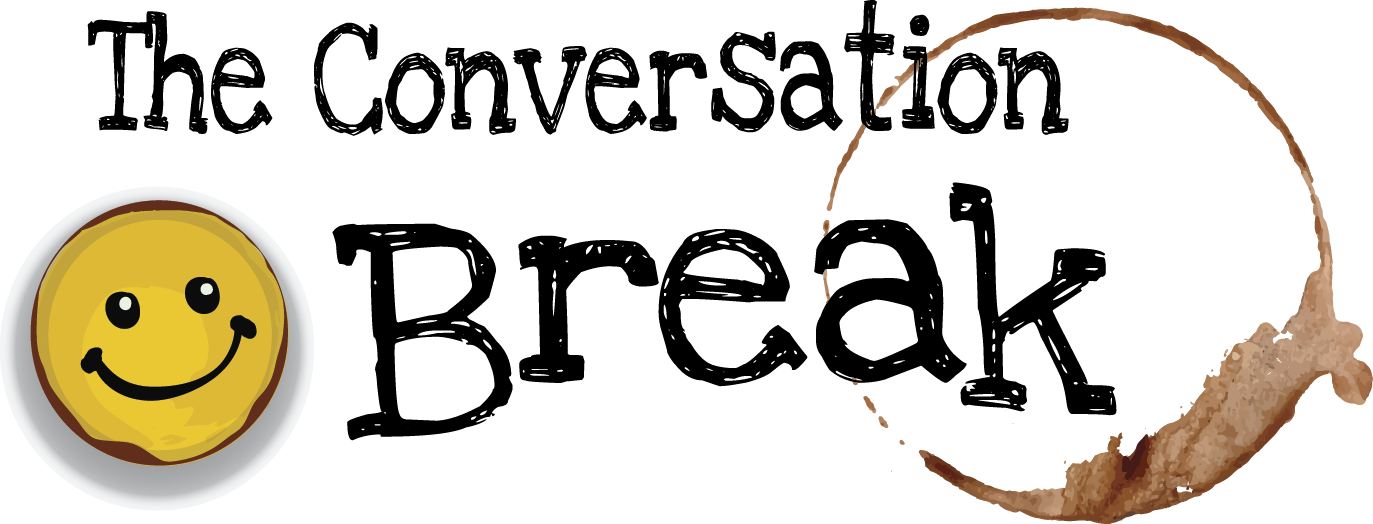
Last week I had the first class with a student since before the holidays. We had a late start due to work schedules and, when we finally met, my student tried to express the amount of time that had passed in a typical expression of surprise: “How many time we don’t have class!”
I was happy to see that my student was trying to use the “Countable/Uncountable” nouns correctly with “many/much”. We had just studied that before the holiday break, and it looked like we needed to review it. The minor correction would be to say “How much time”, but this would not produce the appropriate expression used to greet someone after a long absence. We would have to go on another odyssey through the labyrinth of language with a long-winded explanation.
What my student wanted to say is not something that can be extracted directly from the Spanish phrase “Cuánto tiempo”. As we noted, that usually translates to “how much time…”. Here we can make a small adjustment by adding the word “long”, which is very useful for describing both distance and time. We can say “a long time” and we can say “a short time”. In this case, the phrase reduces to “how long…”, we can eliminate “time” because it is implied by the adjective and context.
So….job done!
Wait….I promised you an odyssey.
We still don’t have a correct expression. The clue is the passage of time, in the past, and the inclusion of the present moment. Many good students might recognize that this is the Present Perfect. If students don’t see that, maybe the word “since” will ring a bell*. In fact, we will need to use “since” at some point in the sentence.
*Note: the expression is not “ring the bell” which is literal or… “ring my bell”…hahaha!…that’s different!…look up Anita Ward)
Before we apply the Present Perfect tense, it might help to identify that we are not only making reference to a time frame, but it is our main focus. We are identifying the quantity of time as “a long time”. In the same way that we talk about the weather (the Spanish translation for both time and weather is “tiempo”), we should start with “it is”. We say “it is late” and “it is 9:00”, when we talk about time, the same way we say “it is cold”and “it is 30º”, when we talk about the weather. So, if we apply the present perfect to “it is” we get “it has been”.
Slowly, our sentence is taking form, emerging from that vast ocean of language. Now, another small adjustment is needed. If we are using a question form, we need to invert the word order of Subject and Auxiliary Verb to form “has it been”.
The final step of our transformation is to put it all together, and we get “How long has it been?”. However, all great odysseys have two parts: the journey there and the journey back. So let’s put this back into sentence form. Simply, eliminate the question word, undo the question word order, and add “a long time” at the end. Now, we can say “It has been a long time”, however, this will be contracted down to “It’s been…”
Both of these phrases can be modified with “since” and followed by an event (noun) or a Subject-Verb (Past Simple/Present Perfect). Here are some examples.
- It’s been a long time…since…the invention of the radio. (Event)
- It’s been a long time…since…the radio was invented. (Past Simple for singular events)
- It’s been a long time…since…I have listened to the radio. (Present Perfect for repeatable actions)
- How long has it been…since…your promotion?
- How long has it been…since…you were promoted?
- How long has it been…since…you have been promoted? (…sometimes the difference between Past Simple and Present Perfect is not very strong)
You should take a moment to reflect and make a list of examples from your own life and consider all the things that have happened but recently haven’t happened. You might discover a lost pastime that you enjoyed and forgot about. You might suddenly realize that a lot of time has passed since an important event in your life or in the world in general. The journey of your life might materialize before your eyes. They might be significant things (running a marathon/group of friends you used to hang out with) or they might be small things (the last time you had ice cream/played a game of cards with your family). In any case, there is endless use for these phrases.
Now, everything comes full circle, as Odysseus drags himself from the ocean to the front steps of his house, he opens the door and when he sees Penelope. They both say…. “It’s been a looooong time.”
And, of course….I could have just given you the translation from the start….but working through it made it a little more memorable.
